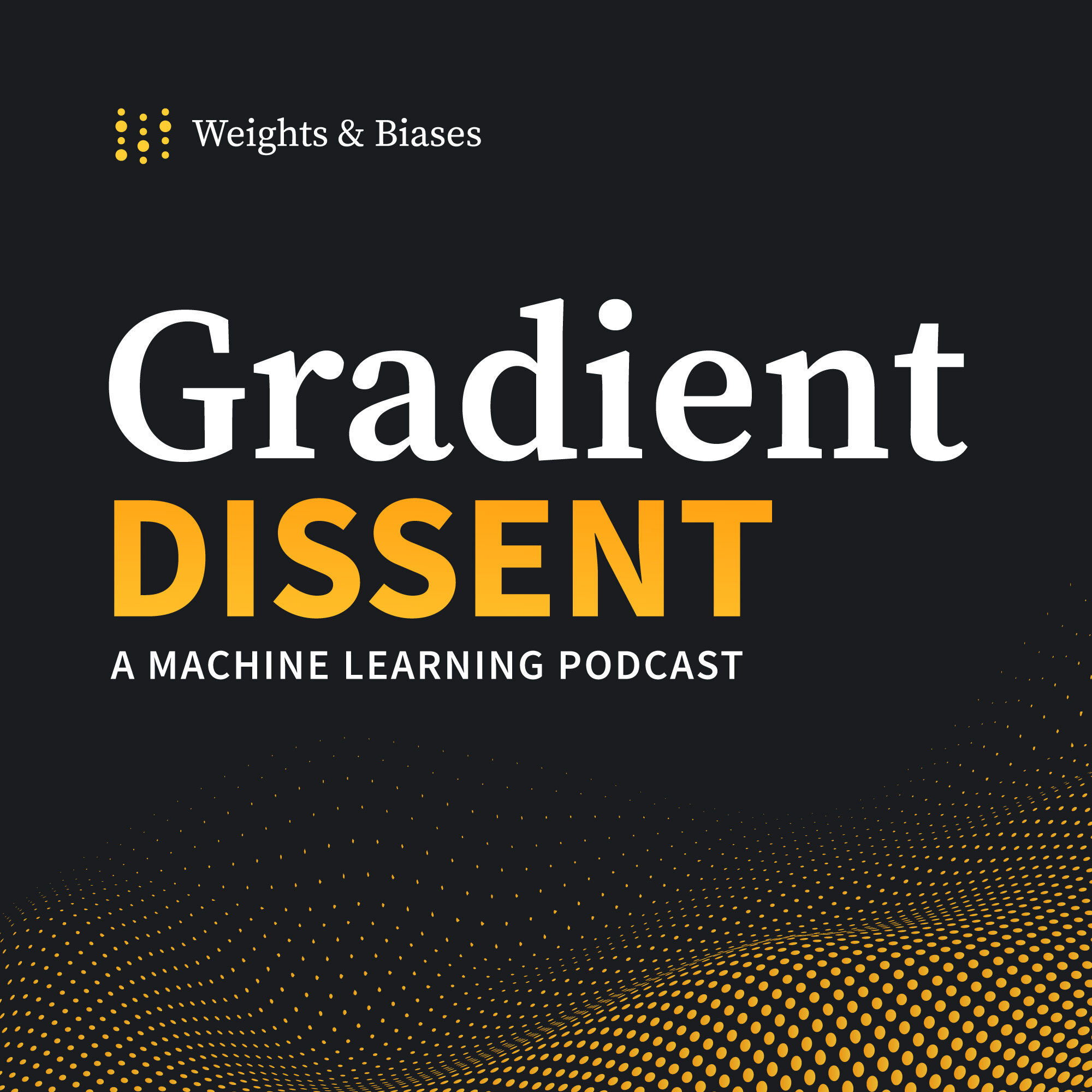
Shownotes Transcript
Josh explains how astronomy and machine learning have informed each other, their current limitations, and where their intersection goes from here.
(Read more: http://wandb.me/gd-josh-bloom)
Josh is a Professor of Astronomy and Chair of the Astronomy Department at UC Berkeley. His research interests include the intersection of machine learning and physics, time-domain transients events, artificial intelligence, and optical/infared instrumentation.
Follow Gradient Dissent on Twitter: https://twitter.com/weights_biases
0:00 Intro, sneak peek
1:15 How astronomy has informed ML
4:20 The big questions in astronomy today
10:15 On dark matter and dark energy
16:37 Finding life on other planets
19:55 Driving advancements in astronomy
27:05 Putting telescopes in space
31:05 Why Josh started using ML in his research
33:54 Crowdsourcing in astronomy
36:20 How ML has (and hasn't) informed astronomy
47:22 The next generation of cross-functional grad students
50:50 How Josh started coding
56:11 Incentives and maintaining research codebases
1:00:01 ML4Science's tech stack
1:02:11 Uncertainty quantification in a sensor-based world
1:04:28 Why it's not good to always get an answer
1:07:47 Outro
